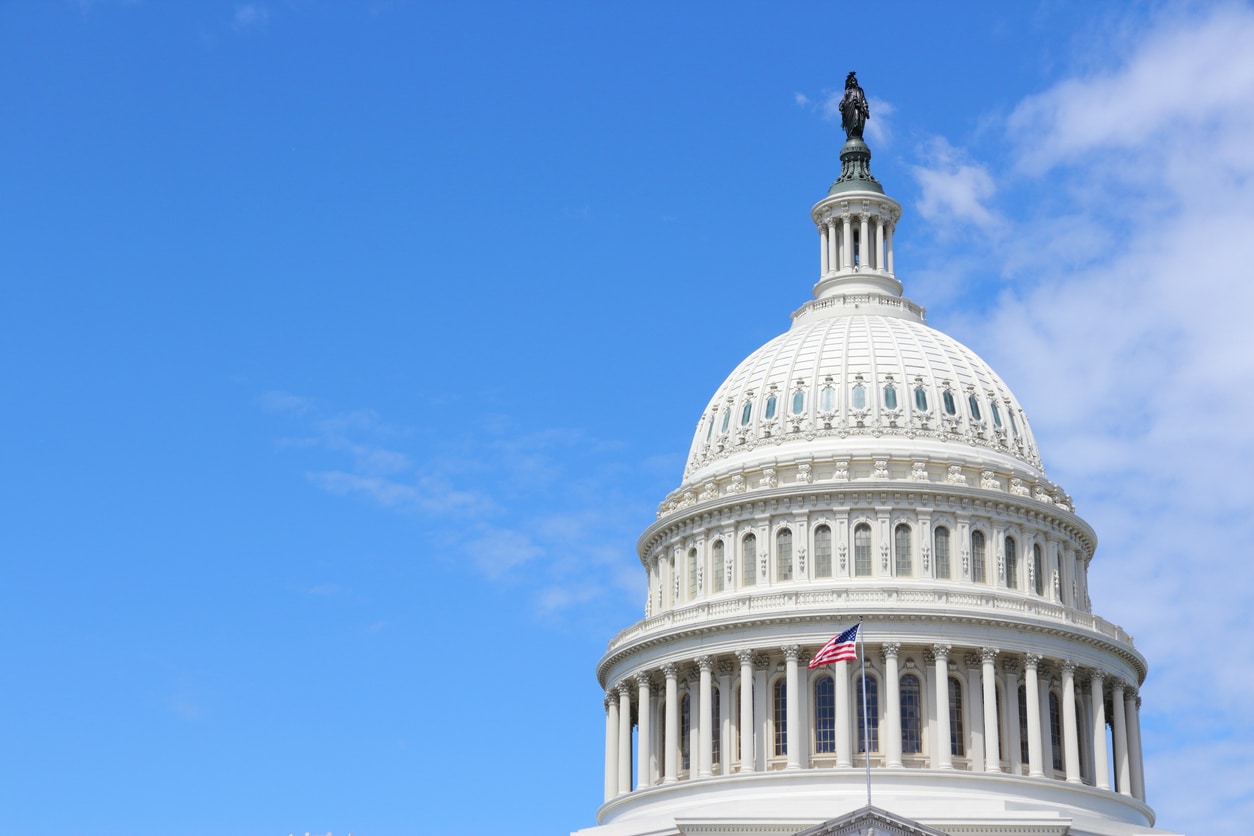Congress Passes Landmark Anti-Money Laundering Whistleblower Law

On December 23, Congress passed the Anti-Money Laundering (AML) Whistleblower Improvement Act. The Act establishes an effective whistleblower program covering individuals disclosing both money laundering and sanctions-busting violations. Given its transnational reach, it promises to revolutionize the United States’ global anti-corruption efforts.
“This law is the most important transnational anti-corruption law ever passed. Russian oligarchs, drug dealers, terrorists, corrupt government officials, and tax evaders all engage in money laundering. It is how they hide their ill-gotten gains. This law creates the first effective mechanism to incentivize AML whistleblowers,” said leading whistleblower attorney Stephen M. Kohn of Kohn, Kohn & Colapinto. Kohn has represented some of the most important AML whistleblowers, including Danske Bank whistleblower Howard Wilkinson, whose disclosures stopped the largest Russian money laundering scheme in history ($230 billion laundered from Russia and former Soviet states into Western banks).
“The new law, for the first time, creates a whistleblower law covering people who report sanctions-busting. Anyone who tries to profit by breaking sanctions against ruthless regimes like Russia, North Korea, and Iran risks being turned-in by a whistleblower.” continued Kohn, who also serves as the Chairman of the Board of the National Whistleblower Center. “Prior to the passage of the Improvement Act there were no laws protecting whistleblowers who wanted to report violations of the sanctions implemented against Russia, or any other country.”
While the AML Act of 2020 established a whistleblower award program covering money laundering, loopholes in the law undermined the program. “The current AML whistleblower law is completely useless,” explained Kohn. “It has no teeth, no money, whistleblowers avoid it. Not one penny has been awarded to a whistleblower since the law was passed.” The AML Whistleblower Improvement Act fixes these loopholes. It conforms the law to the whistleblower provisions of the Dodd-Frank Act, which established the hugely successful SEC Whistleblower Program.
The bill establishes two fundamental reforms: 1) a whistleblower’s right to get paid if their information results in a successful prosecution and 2) the creation of a fund to pay AML whistleblower awards, ensuring that no taxpayer funds are used. Under the bill, the fines obtained by those convicted of illegal money laundering pay whistleblowers. These payments incentivize others to step forward.
Furthermore, the law expands the AML Whistleblower Program to cover whistleblowers disclosing violations of U.S. sanctions. Previously, sanctions whistleblowers were not protected under any U.S. law.
Kohn, who worked for two years to have this law passed, is available for further comment on the matter.
***
Further Reading:
AML Whistleblower Improvement Act
National Law Review: AML Bill Key to Busting Russian Oligarchs
The Hill: House must act on whistleblower bill to protect ‘insiders’ who report Russian money laundering
Latest News & Insights
February 24, 2026
February 24, 2026
February 16, 2026




